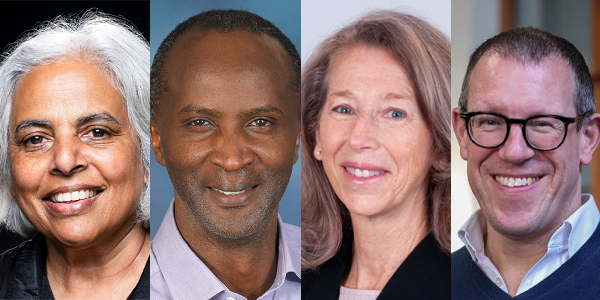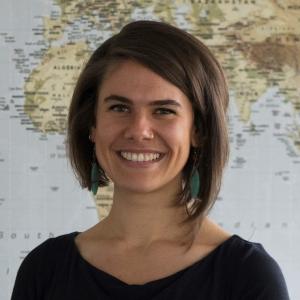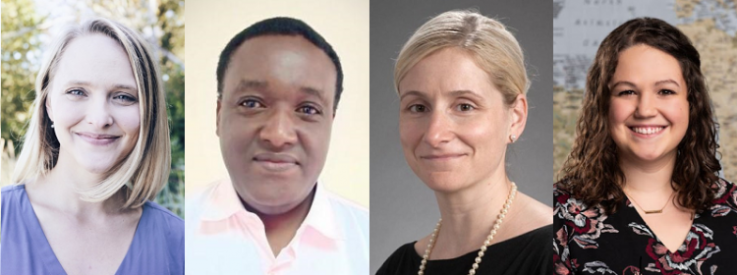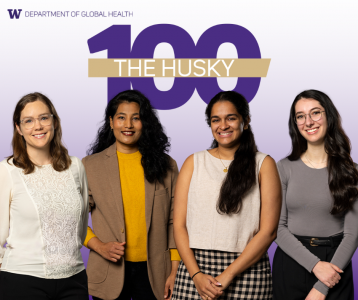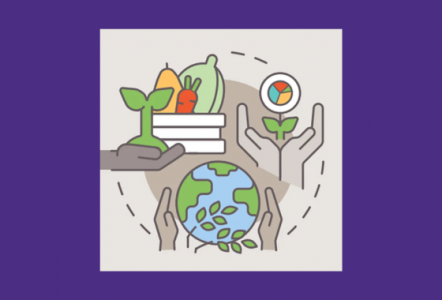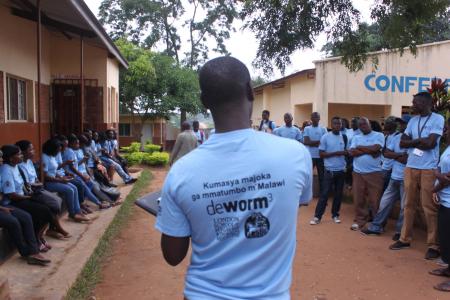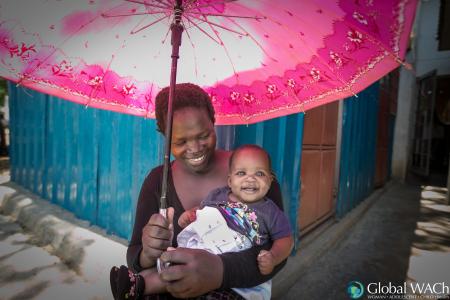Researchers receive major grant to study impact of HIV/ART exposure on child neurodevelopment
An international research team with Global WACh and partners in the U.S., Kenya, Zimbabwe, and Botswana received a five-year long $36 million dollar grant from the National Institute of Health to better understand how HIV or antiretroviral (ART) exposure in utero influences child health outcomes, including neurodevelopment.
